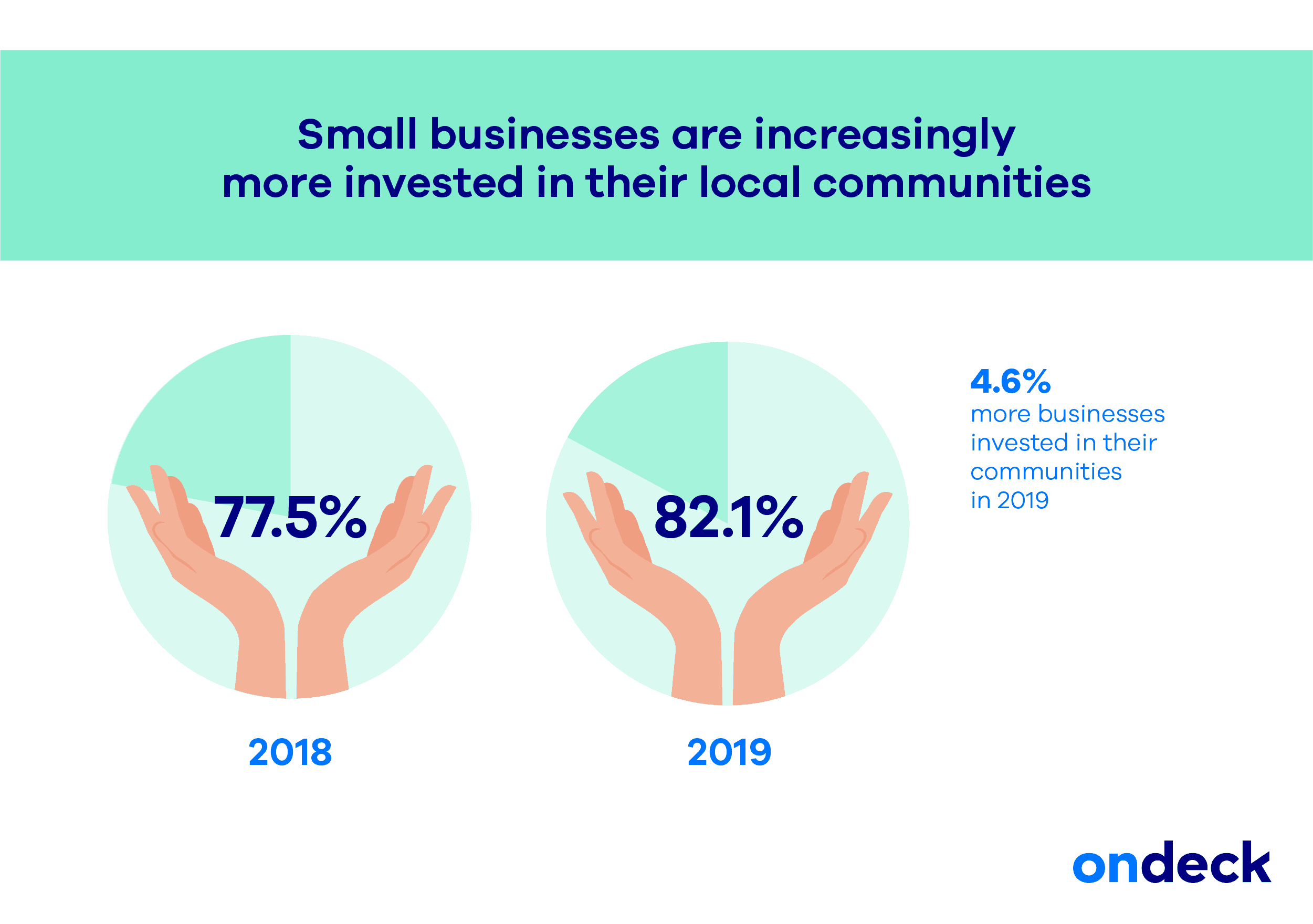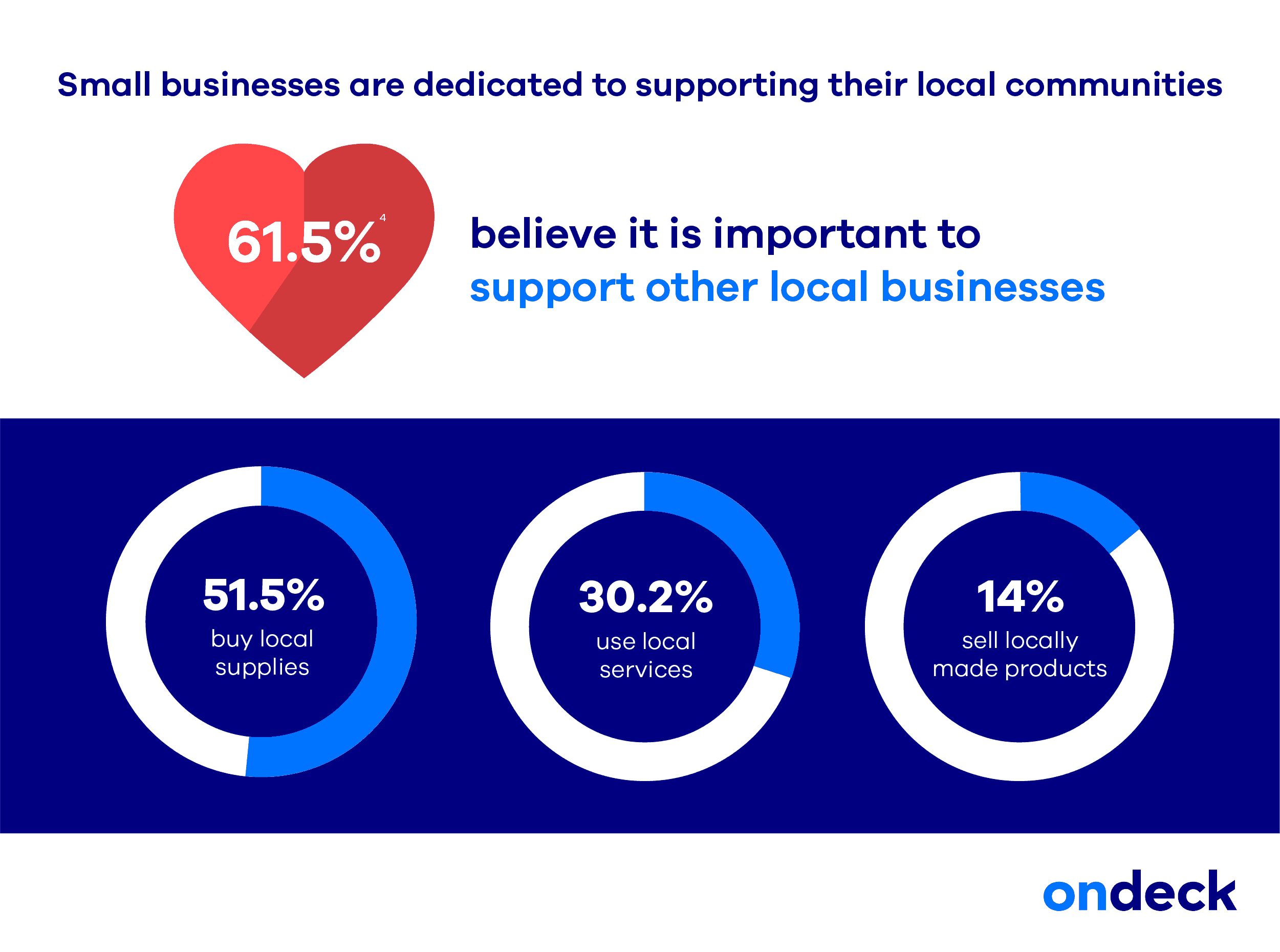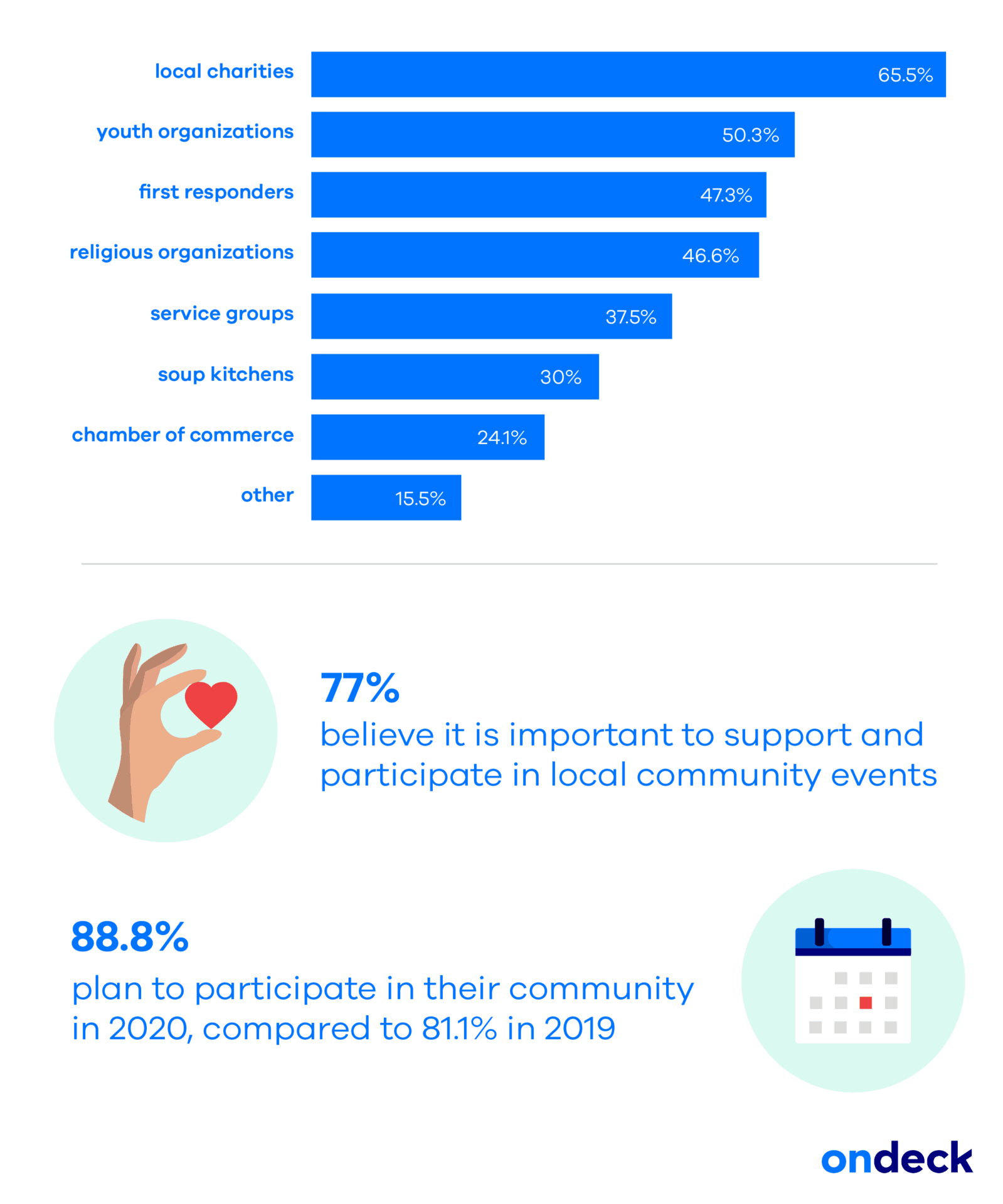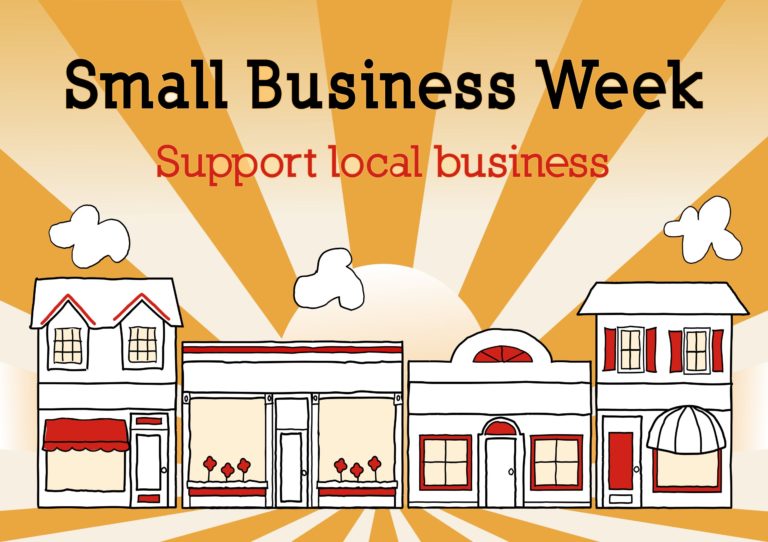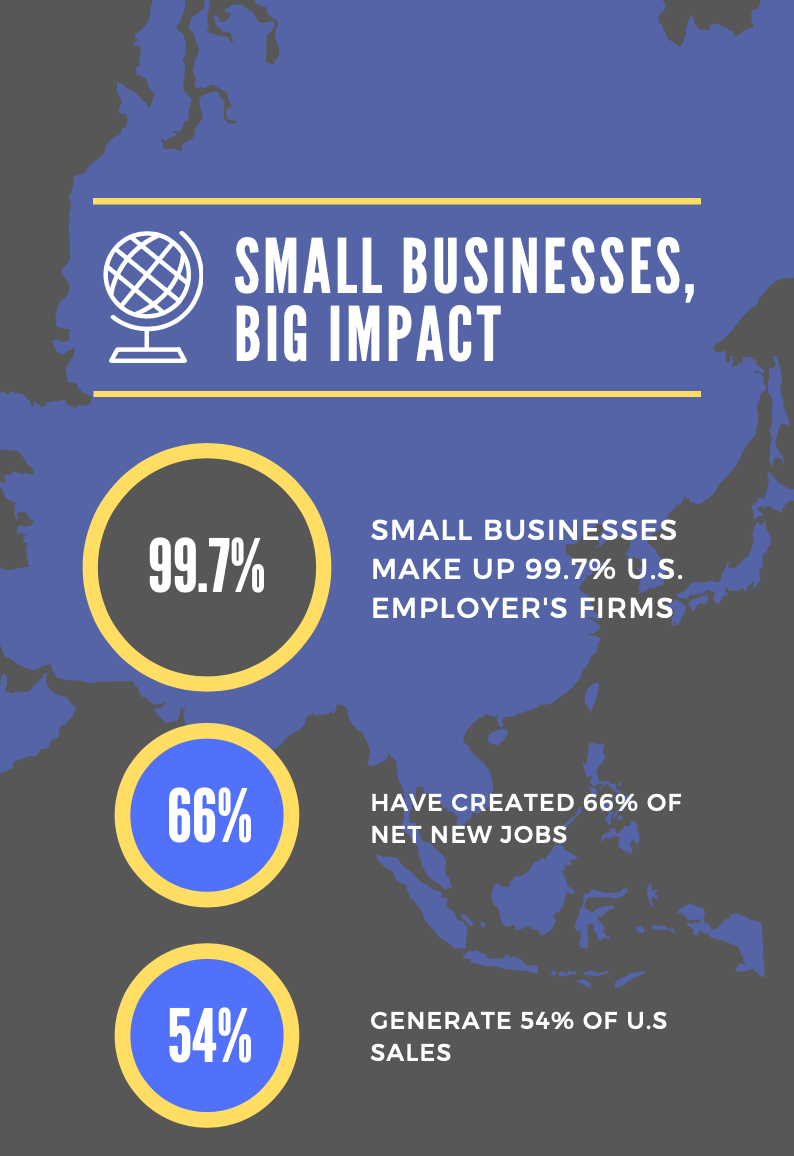Importance Of Small Business To Local Communities
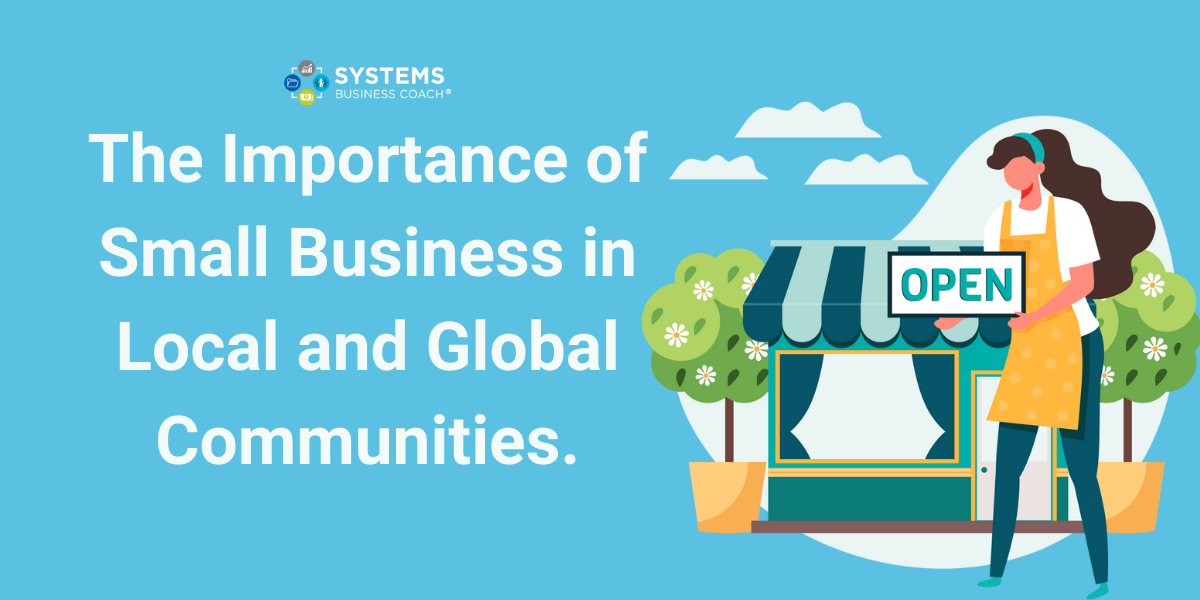
In towns and cities across the nation, a silent economic engine hums, its rhythm vital to the health and vitality of local communities. This engine isn't powered by massive corporations or sprawling factories, but by the countless small businesses that line Main Streets and fill neighborhood corners. Their impact extends far beyond simple commerce, weaving a complex tapestry of economic, social, and civic benefits.
Small businesses are the lifeblood of local economies, fostering job creation, driving innovation, and supporting community development. They are more than just places to shop; they are hubs of social interaction, centers of community identity, and vital contributors to the unique character of each locality. Understanding their profound importance is crucial for fostering sustainable and thriving communities nationwide.
Economic Impact: Fueling Local Growth
Small businesses are significant engines of job creation. According to the Small Business Administration (SBA), small businesses create about two out of every three new jobs in the U.S. and employ nearly half of the country's private workforce.
These businesses often provide opportunities for individuals who may face barriers to employment elsewhere, such as those with limited education or experience. They offer entry-level positions and pathways to advancement, contributing significantly to reducing unemployment rates at the local level.
Beyond job creation, small businesses play a critical role in recirculating money within the local economy. Studies have shown that a significantly larger portion of revenue generated by small businesses remains within the community compared to that of large corporations.
This is because small business owners are more likely to source goods and services locally, hire local employees, and bank at local institutions. This multiplier effect amplifies the economic benefits, supporting other local businesses and contributing to a more robust and resilient local economy.
Social Fabric: Weaving Community Connections
Small businesses contribute to the social fabric of communities by fostering a sense of belonging and identity. Local shops and restaurants often serve as gathering places, where residents can connect with neighbors and build relationships.
These businesses frequently sponsor local events, support community organizations, and participate in charitable initiatives, strengthening community bonds and contributing to a vibrant civic life. They create a sense of place, making communities more attractive and livable.
Furthermore, small business owners are often deeply invested in the well-being of their communities. They are likely to be active members of local organizations, participate in civic discussions, and advocate for policies that benefit the community as a whole. Their presence fosters a sense of civic responsibility and contributes to a more engaged and participatory citizenry.
Innovation and Entrepreneurship: Cultivating New Ideas
Small businesses are hotbeds of innovation and entrepreneurship, driving economic progress and creating new opportunities. They are often more nimble and adaptable than larger corporations, allowing them to respond quickly to changing market demands and customer needs.
Small business owners are more likely to take risks and experiment with new ideas, leading to the development of innovative products and services. They introduce competition into the marketplace, forcing larger corporations to innovate and improve their offerings, ultimately benefiting consumers.
The SBA provides resources and support to help small businesses thrive, including access to capital, training, and mentorship programs. These resources are crucial for fostering innovation and entrepreneurship, particularly in underserved communities.
Challenges and Support: Ensuring a Sustainable Future
Despite their vital role, small businesses face numerous challenges, including access to capital, rising costs, and competition from larger retailers. Government policies and community initiatives play a crucial role in supporting small businesses and ensuring their long-term sustainability.
Access to affordable capital is essential for small businesses to start, grow, and expand.
Loan programs, grant opportunities, and tax incentives can help small businesses overcome financial barriers and invest in their future.
Moreover, community support is critical. Encouraging residents to shop locally, supporting local events, and advocating for policies that benefit small businesses can make a significant difference. Supporting small businesses is an investment in the future of our communities.
Looking Ahead: Building Stronger Communities
The future of local communities depends on the continued success of small businesses. By fostering a supportive ecosystem, we can empower these businesses to thrive and contribute to a more prosperous and vibrant future.
This requires a collaborative effort from government, businesses, and community members. By working together, we can create communities that are economically strong, socially connected, and full of opportunity.
Investing in small businesses is not just good for the economy; it's good for society. It's an investment in the heart and soul of our communities, ensuring a brighter future for generations to come.

